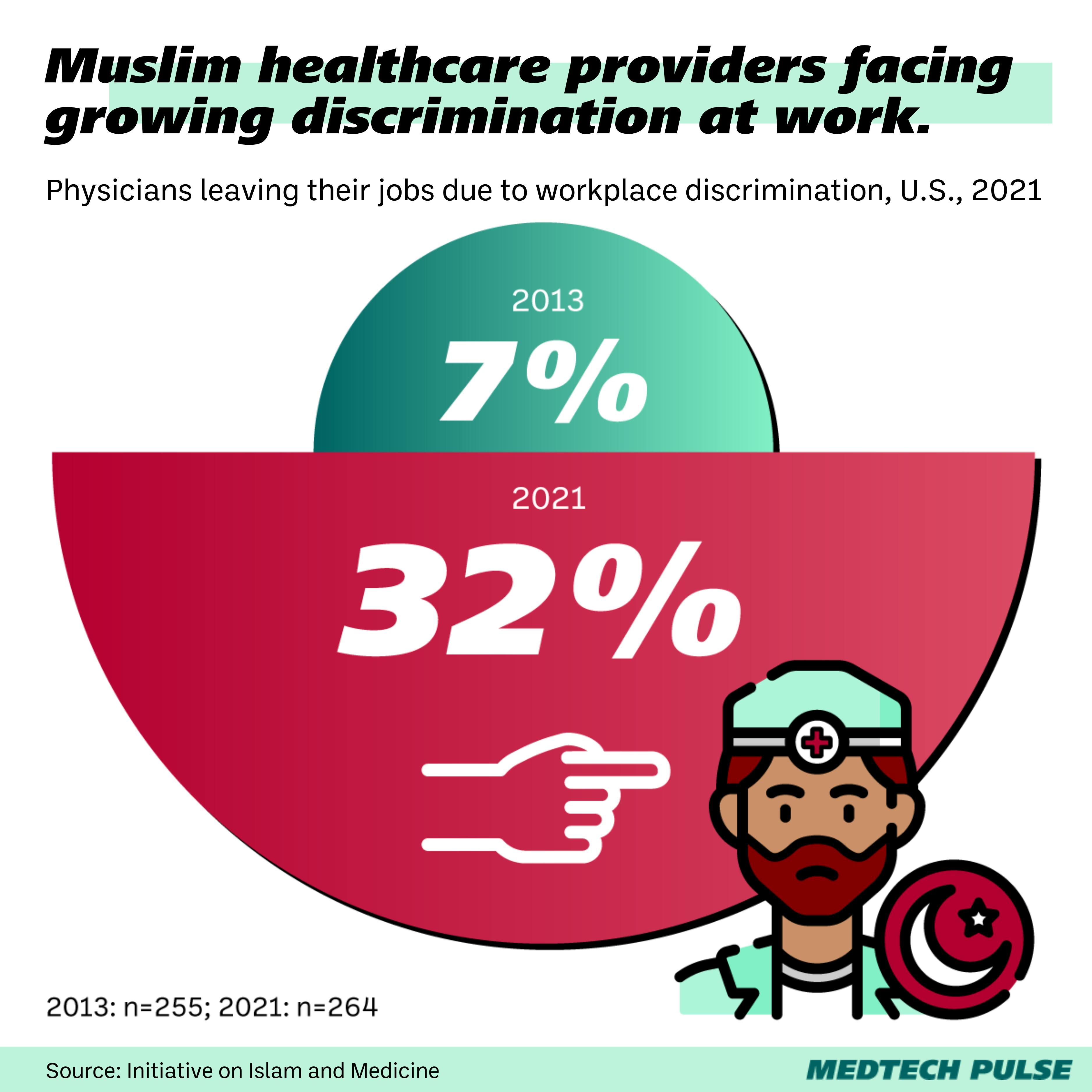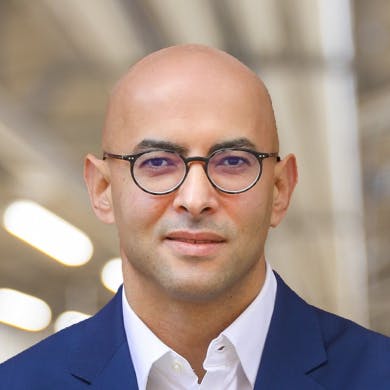Medtech tackles religious discrimination
You’ve been hearing about clinician shortages for years.
I hate to tell you this: They’re not going anywhere.
By the end of 2024, in the U.S. alone, there’s going to be a shortage of 64,000 physicians.
Medtech leaders work hard to address this issue by wielding technology to make clinicians’ jobs easier. But there’s one reason for clinicians leaving their jobs that I don’t often see tackled by innovators.
Workplace discrimination.
I wonder: Is there a case for innovators to be able to make a difference in this issue?
As it turns out, there is.
Take the issue of religious discrimination, which is especially felt by Muslim clinicians in the U.S.

One product can’t solve this massive problem, but it can make one aspect of working in clinical medicine while practicing one’s faith a little easier.
Meet Mawadda, the hygienic hijab.
Created by two Black Muslim women and respiratory therapists, the product is a disposable, FDA-compliant hijab or hijab cover. It allows Muslim women working in medicine to no longer have to choose between religious dress and donning PPE.
When I read this news story about the hygienic hijab, I thought: What a simple way to enable inclusivity in the medical profession.
Yes, healthcare is by necessity a challenging professional field to enter given the extensive training and expertise required to treat patients. Yet, being exclusionary on the basis of race, religion, and sex doesn not serve us.
It makes us less likely to serve patients well—to gain their trust, to understand what they need.
Health innovators have an important role to play in encouraging diversity in healthcare—and in doing so, help us battle the clinician shortage.
